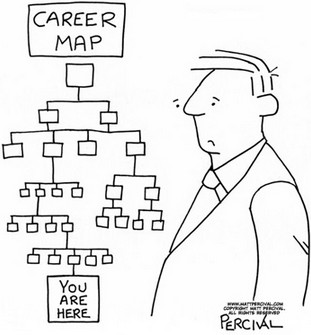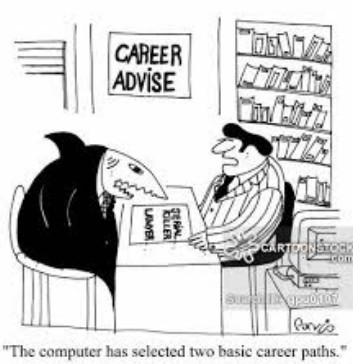Time flies when you’re having fun. It never occurred to me how close the deadline to declare my major actually was. As it turns out, I have to turn in the forms by Wednesday. I have been ready to declare my politics major since the beginning of the year; why I did not do it then is just poor time management on my part. However, while I was filling out my major declaration form, I realized I would feel all out incomplete without a minor.
I am not saying that just doing a single major and nothing else is bad, at all. That is what you are supposed to. If you want to get a little fancy with it and throw in a double major or a minor then go for it! For me personally, about half of my friends are minoring in something. I have been weary of a minor up until this point because I have been focused on only taking classes that I believe could influence my future professional career. But the great thing about a liberal arts college is that we can learn about everything, not just one thing. While I am not a scientist, I have decided to minor in environmental science because I love biology and have always been passionate about climate change. It is an added bonus that I am choosing to focus on environmental policy as a track for my politics major. It took me an entire night, but I figured out the perfect schedule that allows me to double count some classes for my major and minor, finish my GE’s, and graduate on time.
If any of you are stressing out about requirements or majors, the scripps website has some valuable information on major requirements, what classes you need to take, when you need to take them, and if you can double count or not. It is also helpful to email or call the registrar’s office and check in on your GE credits, incase you are wondering what you still need to get done.
Taking classes that have to do with your professional career is of course a great strategy. However, I would advise that you mix it up a little. Maybe take a class on a topic you do not know much about, or a topic you have always found interesting but know you will never touch on in your professional life. I am currently enrolled in a Greek Tragedies course. Do I want to be a classicist? Am I a great actor? No and no, but I was all about the greek myths as a kid, so here I am.
Gaining experience in courses you would not normally take is what an interdisciplinary education is all about. Like I said, I am no scientist, but working in a lab and learning how to analyze data while simultaneously taking politics classes and discussing political theories has taught me how to think critically. That is a life skill I am glad to have, so take advantage of the liberal arts education.
Speaking of opportunities, I recently decided not to study abroad. It took a lot of thought, but in order to complete my minor requirements, it just was not feasible. I am not disappointed however, because I love Scripps and California. While I will miss my friends who will be gone for a semester, I am excited to pursue environmental science. Who knows, maybe I will get a cat to keep me company.





